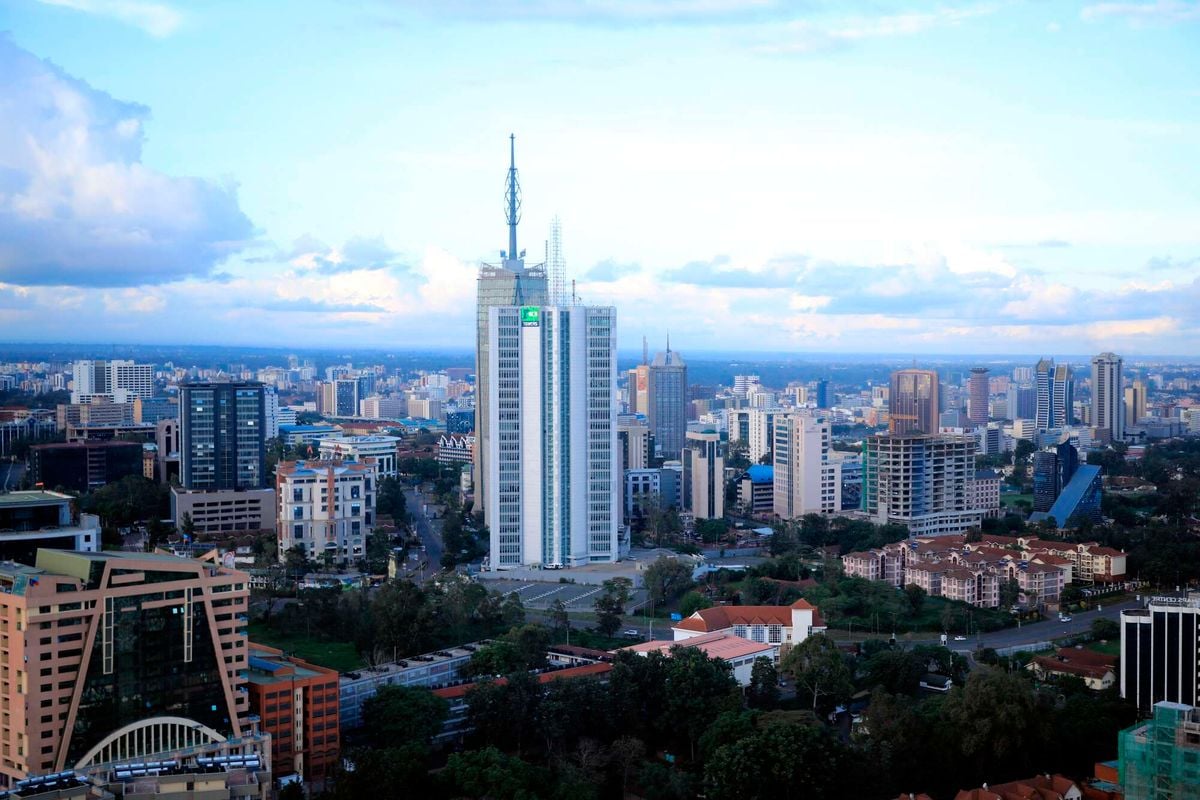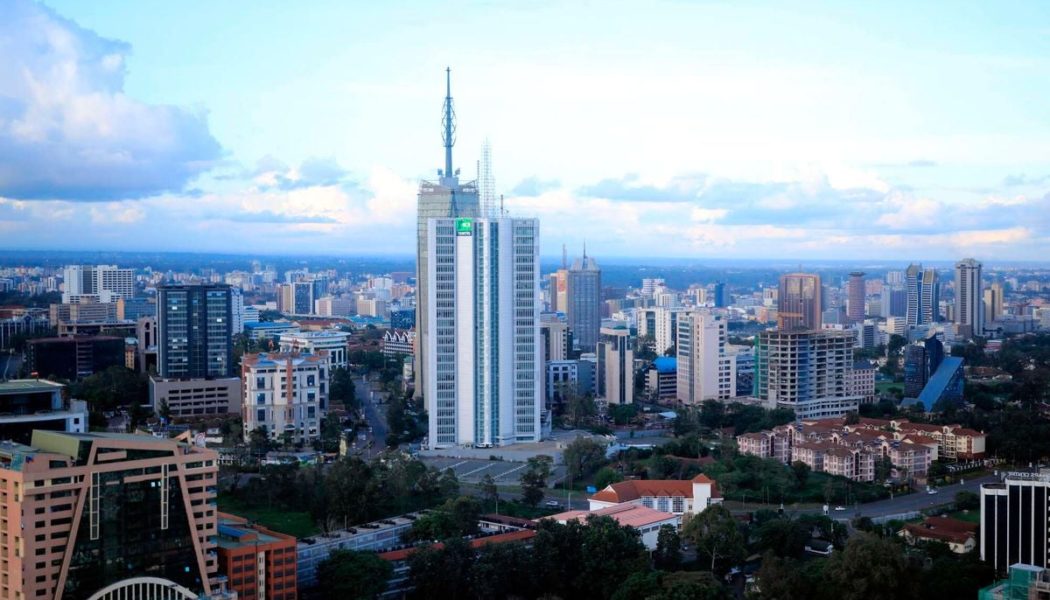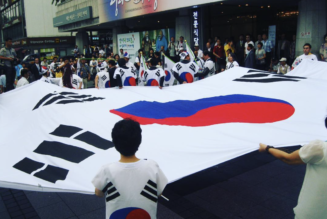
Nairobi is now among the cheapest cities in the world this year for expatriates whose purchasing power surged amid the weakening of the shilling, according to the latest ranking by consultancy Mercer.
The Kenyan capital is ranked 201 in the 2024 Cost of Living City Ranking, dropping 28 places from 173 last year.
This is one of the most favourable rankings for Nairobi in Mercer’s survey that assessed the comparative costs of more than 200 items, including housing, food, transportation, and entertainment in 226 cities, with the data collected in March.
Nairobi is among the African cities including Lagos that became dramatically cheaper as the depreciation of their local currencies more than compensated for a spike in inflation.
“Currency devaluations have been a significant driver of these decreases,” Mercer said.
“The currency-induced falls in the cost of living for international assignees have happened even though inflation in many of these countries has risen” it added.
The Kenya shilling was almost unchanged at 131.13 units to the dollar at the end of March compared to the same month last year but had gone through a major depreciation and recovery in between.
The local currency sank steadily to record lows of 163 units to the greenback in early January before staging a sharp recovery in the middle of February.
The depreciation boosted the earnings of employees of foreign governments, United Nations agencies, and expatriates working for multinational corporations who are paid in hard currencies led by the US dollar.
It also made it easier for their employers to retain and motivate them in a competitive global talent market where the cost of living is a major factor in setting compensation.
Nairobi’s drop in the cost of living ranking came despite higher prices of everyday items in the past year, underscoring the impact of currency gains.
The price of a litre of olive oil, for instance, jumped 28.9 percent while that of men’s blue jeans increased 25.8 percent and the cost of a litre of gasoline (petrol) rose 16.7 percent.
The price of 12 large eggs increased 12.6 percent and the cost of women’s shampoo, haircuts, and styling went up 4.1 percent.
The price of espresso coffee at the city’s popular cafes fell 4.7 percent, marking the few items whose cost declined. These goods form part of Mercer’s international basket of goods and services used in the survey.
“On average, the costs of all these products have increased, with the most notable increase being in the price of olive oil,” Mercer said.
“Some cities have experienced higher price hikes for this commodity than others. For example, Buenos Aires saw a 694 percent increase, while Istanbul saw a 145 percent rise.”
Nairobi is now cheaper than all the regional cities, which either dropped or rose in the cost of living ranking. Rwanda dropped to 199 from 191, while Kampala fell to 177 from 166.
Dar es Salaam declined to 181 from 162, while Addis Ababa became more expensive, rising to 138 from 194.
Nigerian cities are now the cheapest in the world, posting some of the largest declines in the cost of living ranking as the Naira collapsed against major world currencies.
Abuja sits at the bottom of the list at 226, falling from 140 and Lagos is second last at 225, having plummeted from 47, with the two Nigerian cities replacing Pakistan’s Karachi and Islamabad as the cheapest locations.
The most expensive cities in the world were unchanged, led by Hong Kong and followed by Singapore, Zurich, Geneva, and Basel in that order.
The weakening of local currencies helped many African cities become more affordable for expats, as their level of inflation was dwarfed by the sharp movements in the foreign exchange rate markets.
In Kenya, for instance, inflation peaked at 9.23 percent in February last year and fell from there to the new low of 4.31 percent last month.
The shilling had meanwhile depreciated 23.2 percent by early January this year before recovering in subsequent months to the levels it was trading at in March 2023.
In Nigeria, the inflation rate increased by 20 percent in the year to March 2024, a period when the naira lost two-thirds of its value against the dollar.
The exchange rate gains, rising faster than inflation, lead to more purchasing power for expatriates and make it cheaper to pay for food, transport, and entertainment in local currency.
Mercer says that the cost of living is just one of the factors that make a location attractive for top talent, noting that none of the cities at the top and bottom of the ranking offered quality of living at a reasonable cost.
“According to Mercer’s recent data, just eight cities in the ranking have achieved this (Ljubljana, Montreal, Warsaw, Zagreb, Budapest, Panama City, Santiago, and Kuala Lumpur),” Mercer said.









